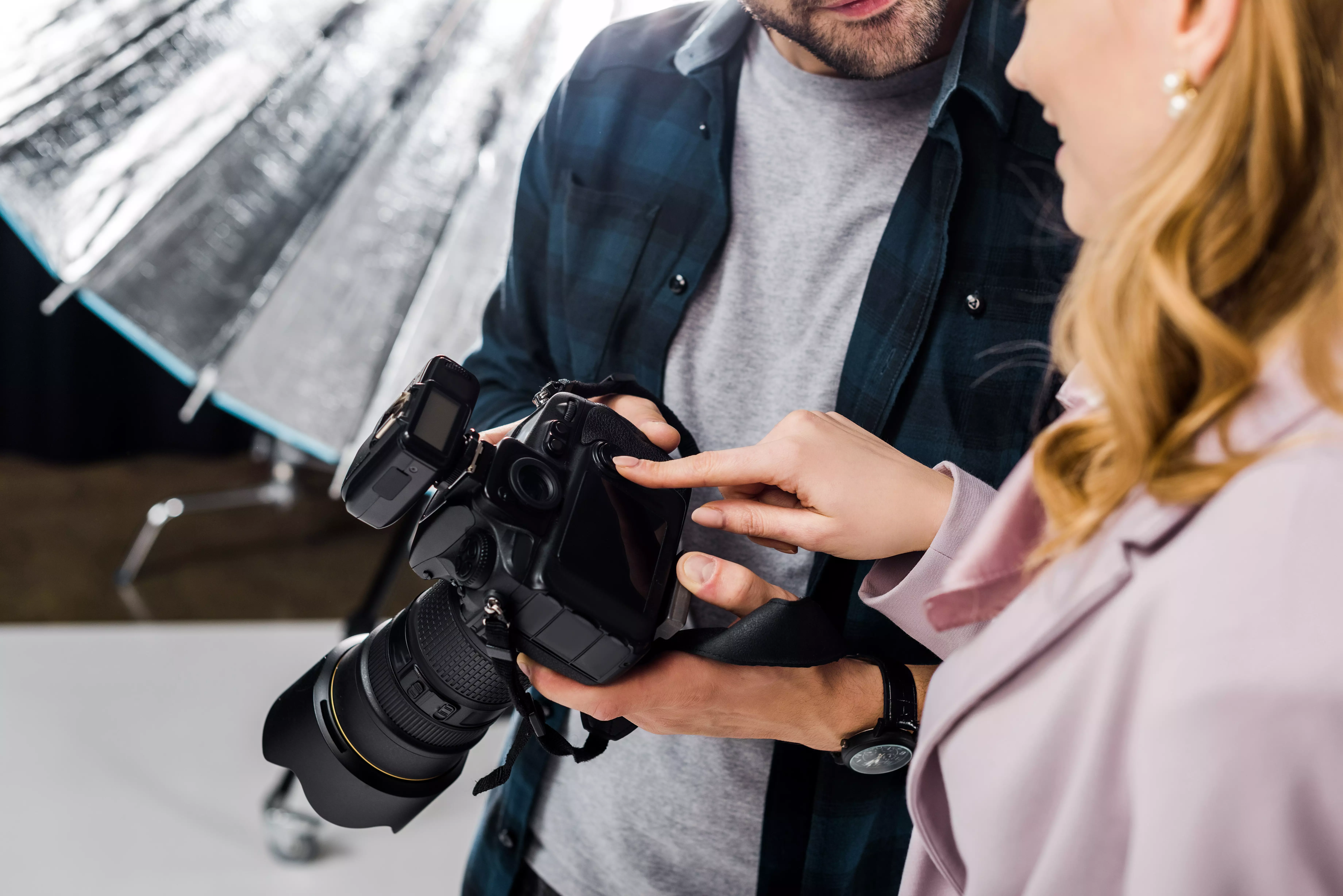Introduction to working with a photographer
Working with a photographer is a key part of many industries, from fashion to advertising to weddings and social events. Properly drafting a contract is critical so that both parties can be sure that their expectations will be met. In this article, we will discuss what should be included in such a contract to ensure smooth cooperation and avoid misunderstandings.
Scope of the photographer's services
The first key point in the contract should be the exact scope of services that the photographer will provide. It is important to specify what types of photos will be taken, how long the session will last, and under what conditions it is to take place. For example, if you are planning a wedding session, the contract should cover both the ceremony and the wedding reception, as well as any additional shooting days, such as outdoor sessions.
Deadlines and schedules
The contract should also clearly specify the dates for the services and any schedules associated with the project. For events such as weddings, it is crucial to establish what time the photographer should be on site. For commercial projects, on the other hand, it can be significant when the photos are to be delivered and in what form. Determining these aspects will help both parties understand expectations and avoid misunderstandings.

Remuneration and payment terms
Another important point in the contract is remuneration. It is worthwhile to provide accurate information about the amount the client must pay for the photographer's services. The contract should also specify the terms of payment, such as deadlines and the method of payment (whether by bank transfer, cash or card). Establishing an advance payment and a final payment is also important to avoid situations in which one of the parties fails to fulfill its obligations.
Image rights and licenses
Another issue that should be included in the contract is photo rights and licenses. It should be made clear who will own the photos after they are taken. Often photographers retain the copyright, but grant the client a license to use them. So it is worth putting provisions on the contract regarding the use of photos, including publication on social media or websites. Specifying this issue at the beginning of the cooperation minimizes the risk of later conflicts.
Rights and obligations of the parties
Any contract should also include the rights and obligations of the parties. The photographer and the client should be clear about what their responsibilities are and what aspects of the cooperation they have influence over. Photographs can be taken under certain conditions, which should be written down, as well as any responsibilities related to the preparation for the session, such as the availability of models or locations. Such provisions avoid misunderstandings and conflicts between the parties.
Conditions for cancellation and rescheduling
Sometimes fate can surprise and unforeseen circumstances can force a change or cancellation of the agreement. Therefore, it is important that the agreement includes provisions on the terms of cancellation and the possibility of rescheduling the session. Often included in the contracts are rules on the return of advances or possible contractual penalties. By defining these rules, both parties will be clear about what will happen in the event of cancellation.
Participation in FDA or other events
When working with photographers involved in documenting public events (e.g., festivals, concerts), it would be useful to determine whether the photographer has the opportunity to be accredited for FDA (Festivals and Events Association) or other events. It's a good idea to establish the rules by which the photographer can obtain promotional materials, as well as information on the specifics of the event that may affect its documentation.
Summary
Working with a photographer is a process that requires careful thought and proper preparation. Writing a contract that includes the scope of services, remuneration, rights to the photos and cancellation terms is crucial to the smoothness and success of the cooperation. A well-constructed contract protects both the client and the photographer, and contributes to a successful end result of memorable photos. By taking care of every detail, we can be sure that our cooperation will be satisfactory for both parties.

Add comment